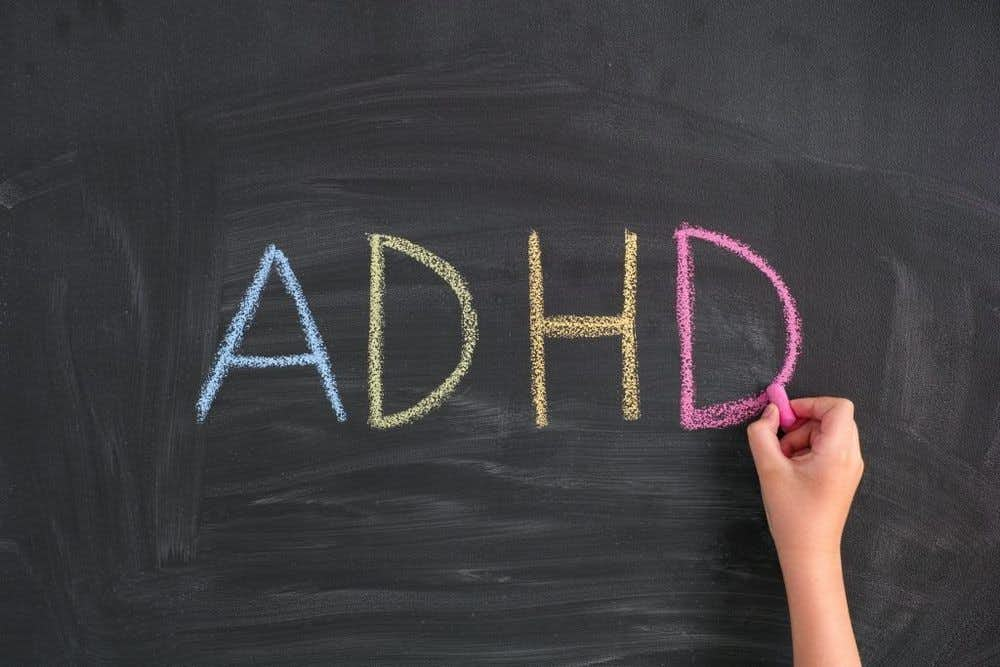October 4th, 2019

While October is known for the welcoming of pumpkin spice lattes, sweater weather, and Halloween, what many don’t know, it is also ADHD awareness month! Attention-deficit/hyperactivity disorder (ADHD) is a neurodevelopmental disorder that affects both children and adults around the world. ADHD looks different in childhood than it does in adulthood, which is important to know if you are thinking you may be experiencing symptoms of ADHD.
Symptoms of ADHD can be either predominantly inattentive, predominantly hyperactive, or combined. If you struggle with ADHD, you will experience these symptoms at work (school for children) and in other areas of your life, like at home or socially! It is important to know that ADHD is a complex diagnosis and it’s important to work with a professional familiar with ADHD when seeking a diagnosis.
Approximately 10 million adults have attention-deficit/hyperactivity disorder (ADHD). In early adulthood, ADHD may be associated with depression, mood or conduct disorders, and substance abuse. Symptoms of ADHD in adults may include:

Early intervention is the key to positive outcomes for children with ADHD. The earlier a child’s problems are addressed, the more likely there is the prevention of school and social failure, as well as associated problems such as underachievement and poor self-esteem that may lead to delinquency or drug and alcohol abuse. Symptoms of ADHD in children may include:
While ADHD is a commonly discussed disorder, there are still a lot of common misconceptions about ADHD and the stigma attached to this disorder. For example, “ADHD medication makes me focus, so I must have ADHD,” or “children grow out of ADHD.” These are common myths about ADHD. For more information on ADHD, Facts vs. Myths, resources, and/or a place to read the stories of others with ADHD, visit: ADHD Awareness Month 2022 OR ADHD Facts
Resources:
Our Services
Virtual/Online CarePHP and IOPAdult PsychiatryChild & Adolescent PsychiatryAdult TherapyChild & Adolescent TherapyCouples CounselingFamily TherapyGroup TherapyPsychological TestingTranscranial Magnetic Stimulation (TMS)